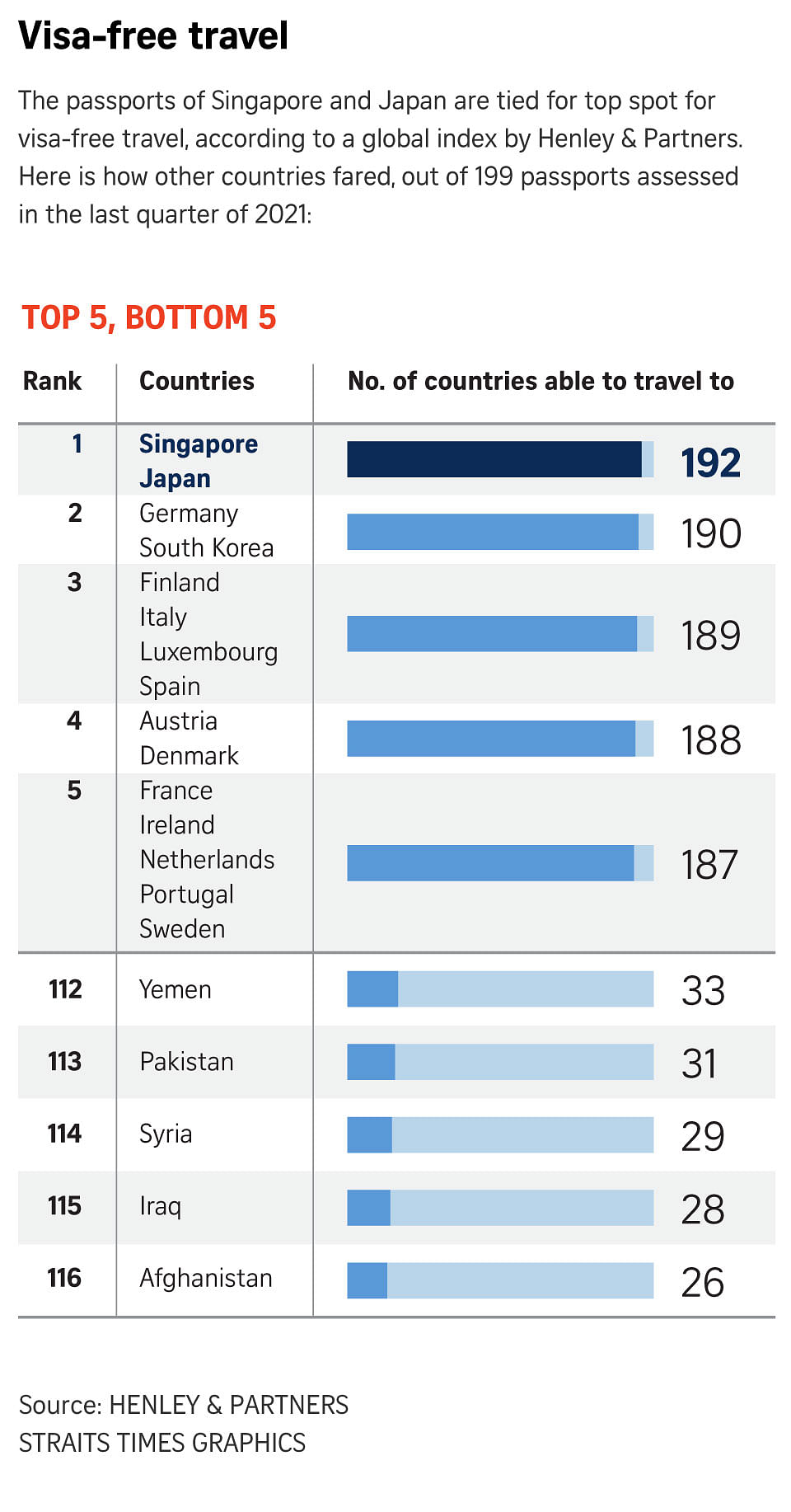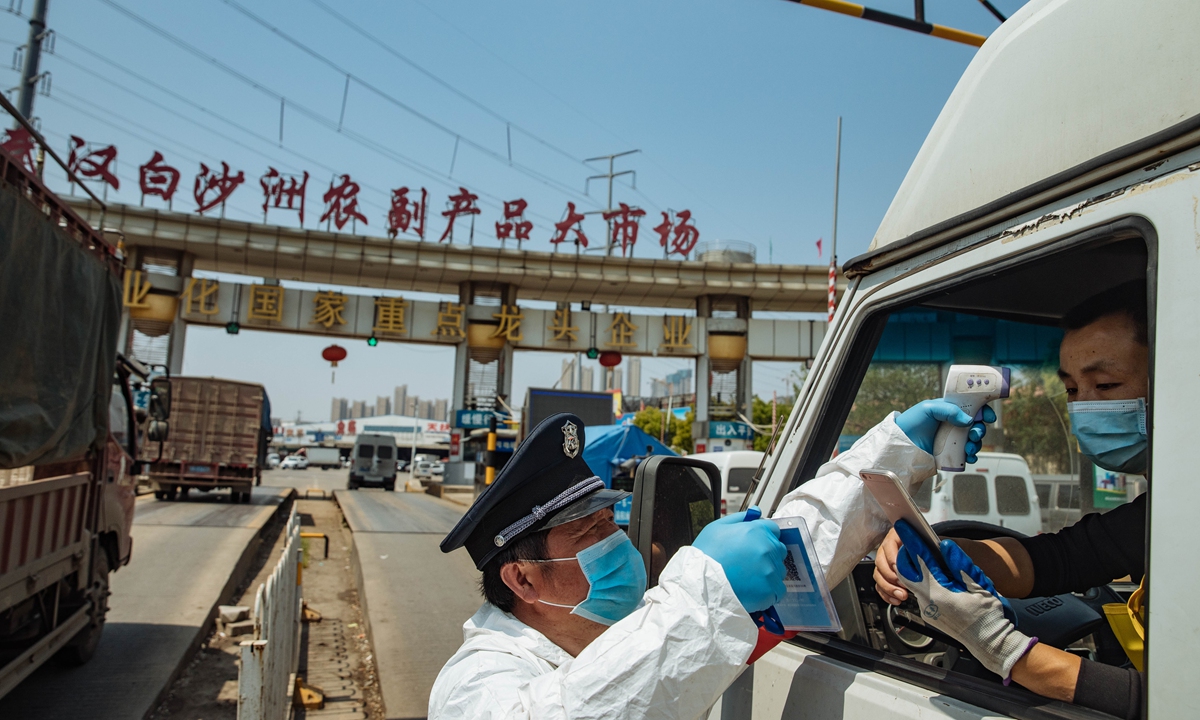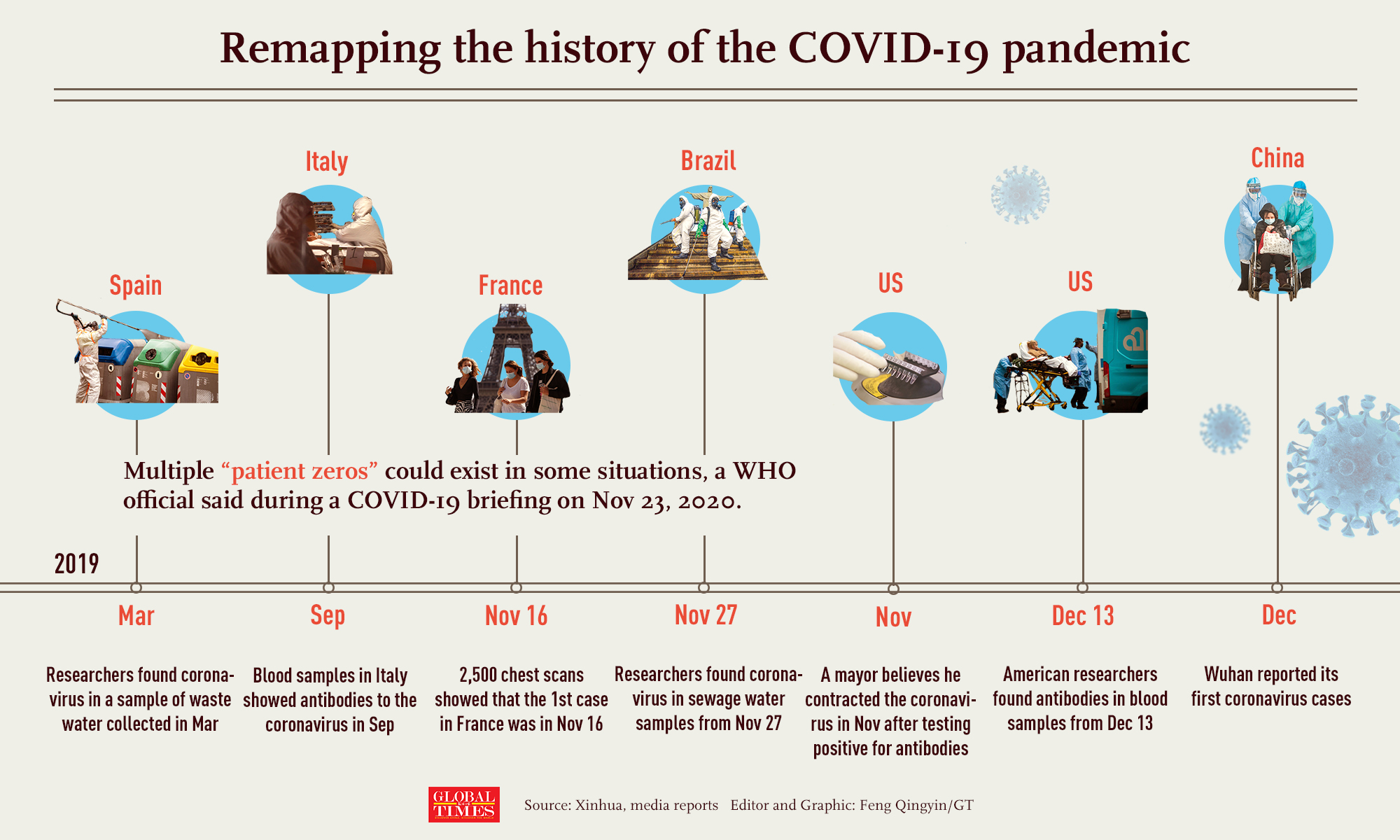G-20, Apec summits – without gusto!
What Are We To Do By TAN SRI LIN SEE-YAN
WHEN
President Sarkozy of
France assumed the presidency of G-20 for 2011, I was delighted for alas, international monetary reform would take centre stage. That's what he promised. I felt it's high time leadership was put to bear on an issue of critical international concern, where the Americans had for years “ feared to tread,” for obvious reasons: to protect US national interest to preserve (as long as feasible) an archaic international monetary system with
the US dollar as its centrepiece and which has outlasted its usefulness.
But this was not to be. Political turmoil in Greece had added fuel to the European financial chaos, with the G-20 meeting scrambling to arrange (and rearrange) emergency measures aimed at preventing the eurozone sovereign debt crisis from contaminating the rest of Europe and the global economy. As they gathered in Cannes on Nov 3-4, leaders from G-20 faced high expectations to confront the festering European turmoil. Instead, the two-day summit in this Mediterranean resort largely resulted in more pressure on Europe to respond more forcefully. The United States, China and others were worried that Europeans may fail to avert a collapse of the Greek economy, bringing with it sovereign default and corporate bankruptcies that would inevitably send shock waves through the global financial system. Priority was placed to quickly resolve the evolving European crisis. It was clear the weight of the crisis had overshadowed other policy goals of the summit.
G-20 and FranceFrance's president had hoped to use the G-20 to burnish his reputation as a global statesman. I gathered Sarkozy had intended to focus the G-20 agenda on French ideas for reducing global imbalances. Instead, he found himself in the midst of a gathering euro-storm, now focused on Greece's sudden decision to call a referendum on its bailout.
Behind the scene, France was itself subject to growing economic stress. The market's verdict on France's finances had since grown increasingly harsh. The spread between the yields on German & French 10-year
AAA government bonds widened to a euro-era record of 1.95%-age points. France is a triple-A rated nation in name only because its debt is in danger of spiralling out of control.
Forecast by Fitch Ratings at 86.8% of
gross domestic product (GDP) in 2013, it is the highest among
AAA-rated nations. Its recent sharp economic downturn has exposed an 8-billion-euro gap in France's efforts to reduce its budget deficit to 4.5% of GDP in 2012 from 7.1% in 2010 more than twice the permissible limit of 3%. At 45% of GDP, France is already among the most highly taxed in the
Organisation for Economic Co-operation and Development or the OECD. The recent report by the Lisbon Council ranked France 13th out of 17 for its overall health, including growth potential, unemployment and consumption, and 15th for progress on economic adjustments, including reducing the budget deficit and unit labour cost.
G-20 and ItalyIt's quite clear G-20's prime concern is Italy. The country is increasingly unable to raise debt at affordable cost, and its prime minister was struggling to push through austerity measures in the face of mounting labour unrest amid an unfriendly parliament. It was also clear the eurozone isn't equipped to deal with the collapse of Italy. At G-20, although they had indicated a willingness to co-operate, non-European leaders had made it clear they want the eurozone to first rely on its own resources to resolve the crisis. Nevertheless, Europeans did consider seeking outside help, in particular to boost their bailout fund, including asking the
International Monetary Fund (IMF) for co-operative support. But no one bit. The very hint of boosting IMF's role underscored deepening worries about the adequacy of Europe's own response. In the end, G-20 leaders agreed only to explore options, including voluntary contributions and using its special drawing rights (
SDR) in some fashion.
G-20 has little to showAs in the previous year, an all too familiar G-20 meeting ended with a long list of promises made, many of which reflected a rehash of old ones; with most promises made and then broken in the past; and still others, not known to be kept.
However, one key step did emerge: Italy, the focus of most worries in the European, and indeed the world, markets agreed to permit the IMF to monitor its progress with fiscal reforms. This is as drastic a step as can be expected, given the biggest fear among Europeans is that markets will cease financing Italy, causing a meltdown the eurozone would be quite powerless to stop.
European leaders had hoped G-20 would conclude with an endorsement of their plan announced a week before, that would boost confidence in the markets. It included new efforts to recapitalise European banks, an upgraded bailout scheme for Greece, and an increase in funding available to the eurozone's bailout fund, the
European Financial Stability Facility (EFSF).
There was also the hope to enhance EFSF's capacity through parallel “investments” from non-European G-20 members. G-20 had noted the
European Central Bank's (ECB) refusal to act as lender of last resort and to provide financing to help leverage the EFSF's 440 billion euro into something much larger, which had led the Europeans to pursue the non-Europeans with large surpluses, such as China.
As the eurozone crisis deepened, much of the wider G-20 agenda to encourage “strong, stable & balanced” global growth fell by the wayside at this time. As I understand it, it would appear the stronger economies, including China, Germany, Canada & Brazil, did agree to limit efforts at fiscal tightening and possibly do more to boost demand at home. This marked a reversal from last year's summit which centred on fiscal deficit reduction.
The G-20 pact The more important conclusions reached at the Summit included the following:
● Commitment to take decisions to reinvigorate economic growth, create jobs, ensure financial stability and promote social inclusion; and to coordinate their actions and policies.
● An action plan for growth and jobs to address short-term vulnerabilities and strengthen foundations for growth. Advanced economies committed to adopt policies to build confidence and support growth, and implement clear & credible measures at fiscal consolidation.
● Commitment by (i) countries whose public finances remain strong to take discretionary measures to support domestic demand; (ii) countries with large current surpluses commit to reforms to raise domestic demand; and (iii) all commit to further structural reforms to raise output in their countries.
● Commitment to strengthen the social dimension of globalisation.
● Set-up a taskforce to work with priority on youth unemployment.
● Agreement to (i) ensure the SDR basket composition continues to reflect the global role of currencies; (ii) review the composition of the SDR basket in 2015, or earlier; and (iii) make progress towards a more integrated, even-handed and effective IMF surveillance.
● Commitment to move rapidly toward more market-determined exchange rate systems, avoid persistent exchange rate misalignments, and refrain from competitive devaluation.
Despite the cheering about Europe's debt deal and G-20's role in pressuring Europe to act swiftly, worries continue to mount that the world can't succeed without stronger growth. Europe and the United States are virtually at a standstill. At the present pace of muted expansion, unemployment will stay high and incomes stall. Debt saddled nations will have an even tougher time generating enough revenue to pay bills & service debt. This would spark more default fears or even higher borrowing rates in Italy, Greece and others under pressure.
Latest projections point to the eurozone flirting with recession in 2012. Even in Asia, a critical engine of recovery, prospects are dimming. Yet, nations remain divided on enacting new measures to boost growth or continue focus on deficit reduction. Weak nations like Italy and Greece are under intense pressure to adopt very severe austerity schemes in the face of enormous suffering by its people who fall victim to weakened social safety nets and reduced cashflows.
Towards this end, the G-20 commitments fall far short. Markets worldwide have since responded; their verdict: continuing sell-off of bonds and shares, and continuing high cost of borrowing by Italy and Spain.
APEC Honolulu DeclarationFollowing the goings-on at G-20, the 21-member Asia-Pacific Economic Cooperation (Apec) economic leaders met in Honolulu on Nov 12-13 to bolster their economies and lower trade barriers as they seek to prop up global growth and shield themselves against fallout from Europe's debt crisis.
They adopted the Honolulu Declaration in which leaders agreed to take concrete steps towards building a “seamless regional economy” to generate growth and create jobs in “three priority areas”: (i) strengthening regional economic integration & expanding trade, (ii) promoting green growth, and (iii) advancing regulatory convergence and co-operation. Apec leaders gathered at a time when “growth and job creation have weakened and significant downside risks remain, including those arising from the financial challenges in Europe and a succession of natural disasters in the region.”
Against this uncertain backdrop, the forum had something more concrete to focus on than the usual bromides about extending free trade. This reflected in part frustration with the long-running (entering its 11th year with no end in sight) world trade talks, and in part, a desire to snap out of the poor global economic outlook. There is also a broader influence from concern about how best to grow and create jobs.
The Trans-Pacific Partnership (TPP), a proposed free trade pact covering nine Apec members (the United States, Australia, New Zealand, Vietnam, Singapore, Malaysia, Brunei, Chile & Peru) account for 35% of the world economy, is unique, making it the blueprint for future global trade agreements since it had taken on new issues including green technologies & the digital economy. An agreement was reached on the broad outline of a deal with a final agreement in sight for 2012.
Since then, three more Apec members (Japan, Canada and Mexico) have expressed interest to join. Together, this would create a market of 800 million, the largest trade deal for the United States. The aim is to eventually cover all 21 members of Apec which accounts for more than one-half of the world's economic output. Apec says: “We recognise that further trade liberalisation is essential to achieving a sustainable global recovery in the aftermath of the global recession of 2008-09.” An expanded TPP would provide the much needed boost.
But no trade agreement in the Pacific is complete without China. Looks like a power play between the United States and China is in the works. As such, optimism about its potential benefits needs to be tempered.
At the conclusion of Apec meeting, leaders agreed to: (i) address two key next generation trade and investment issues, viz. commitment to help the small and medium-sized enterprises grow and plug into global production chains; and to promote effective market-driven innovative policies; (ii) develop by 2012 a list of environmental goods (including solar panels, wind turbines and energy efficient light bulbs) that contribute to green growth on which members resolved to reduce tariffs to 5% or less by end 2015, and to also eliminate non-tariff barriers; and (iii) take steps by 2013 to implement good regulatory practices. In the end, the question remains how far leaders will be able to turn promises into action.
The biggest problem on the Asia-Pacific horizon remains Europe, where fiscal turmoil centred on Italy and Greece will continue to surprise and send shock waves worldwide.
As feared, both summits ended with a whimper, eclipsed by the Italian and Greek sovereign debt drama.
●
Former banker, Dr Lin is a Harvard educated economist and a British Chartered Scientist who now spends time writing, teaching and promoting the public interest. Feedback is most welcome; email: starbizweek@thestar.com.my.
Asean for Pacific peace
BEHIND THE HEADLINES By BUNN NAGARA
WHEN the US hosted this year’s Apec (Asia-Pacific Economic Cooperation) summit, Honolulu was the natural venue. Hawaii is the only US state in the Pacific, as distinct from merely being on the periphery.
But as regions go, the “Asia-Pacific” itself is a cumbersome construct alien to existing realities. Not only is the Pacific Ocean the largest expanse of water on the planet, making the Asia-Pacific a “region” is a geopolitical attempt to fuse several distinct regions lapped by Pacific waters into a single whole: East Asia, Oceania, North America and Latin America.
That has made an ambitious, 21-member Apec an unwieldy mass of anxieties in search of a higher purpose beyond generalities shared also by much of the rest of the world. With few common interests and fewer shared priorities and modalities, Apec proceedings have progressively suffered from inertia.
In contrast, more natural regions as clusters of nations or economies in and around the Pacific have evolved with greater vibrancy. The late Robert Scalapino, UC Berkeley’s specialist in East Asian affairs, called these “natural economic territories (Nets)”.
On one level, culture, history and trade (economics) have bonded these entities together as identifiable regions: thus the North American Free Trade Agreement (Nafta), Mercosur, the EU and Asean Plus Three (APT, with China, Japan and South Korea). They developed from geographical proximity and social affinity through economic logic and official policy.
Although today’s US-China economic relationship continues to grow, it is at least as competitive as it is complementary. Their non-economic relationship is even more troubled.
On a localised level, Nets are evident in “growth triangles” and various growth polygons in several cross-border regions. Without their non-political elements, however, “regions” become undernourished because they cannot live on strategic concerns alone.
Nets do not deny a unitary global economy with globalised supply chains and markets – or the contagion effect these produce when core economies decline. But Nets do help to explain the distinct economic impulses and motive forces for each region, such as why East Asia remains the world’s most economically dynamic region even when North American and European economies falter.
Politically, East Asia also has no ideological encumbrances when state policy determines economic priorities. Culturally, pragmatism is key, so that eclecticism is often rated above orthodoxy.
Differences between regions are also manifested in the way foreign relations are shaped. For Asean, it is better for countries to agree to disagree without being disagreeable, than for them to confront each other with self-righteous ire and distinct dogmas.
East Asia is also not as hypersensitive to the vagaries of a fickle electorate with sensibilities set to four-year election cycles. National policy therefore has more time to develop, mature and yield dividends.
In the build-up to Apec 2011, Ralph Cossa of Honolulu-based think tank Pacific Forum CSIS said: “China is becoming an 800-pound gorilla. The US is still the 1,600-pound gorilla, so which one would you rather have? ... we’re housebroken; we’re a lot more fun to invite into your living room ...”
China’s impressive rise still marks it as aspiring to only a fraction of what the US has already achieved, economically and more so militarily – if China is aiming for tactical parity at all, which is doubtful.
But Cossa is right only in part. The reality of a post-Cold War world, and one which all Asean countries hope will prevail, is not having to choose between superpowers.
The regional situation is not either-or, “with us or against us”. It is “both and”, so the question of “rather having” one or the other does not arise.
Besides, whether any superpower is, ever has, or can be “housebroken” remains very much in doubt. Nations that have borne the brunt of US military intervention are still hoping to recover.
But Cossa is right in that the US needs to be invited into this region’s “living room” – it is not an Asian country. China, however, has always been an Asian power, and an East Asian giant at that.
How the US today, still bristling with military technology and looking to confront global challenges, responds to a rising China forms the basis of the region’s concerns. Developments in recent days have not been reassuring.
On his way to the East Asia Summit (EAS) in Bali after Apec, President Barack Obama stopped over in Australia and announced plans for stationing US troops there.
Meanwhile,
the Pentagon has been working quietly on its AirSea Battle concept to counter China (see next).
On Wednesday the US said it would provide the Philippines with an additional warship to boost Manila’s claims to islands in the South China Sea disputed by China. The next day a US Congressional committee voted to provide Taiwan with new F-16 jet fighters in addition to technical upgrades to its existing fleet, upping the ante in Taipei against Beijing.
On Friday Japan pledged US$25bil (RM79bil) in infrastructure projects for Asean countries, in efforts described as raising its regional profile in competing with China. Following China’s reservations about the US-Australia military arrangements, Canberra warned Beijing not to interfere.
East Asia has tried and tested ways of satisfactorily engaging various powers, regardless of size and strength.
What the region does not need, and can ill afford, is superpower presumptuousness that upsets diplomacy and destabilises geopolitics.
A pragmatic Asean has learnt that bluster, bravado and brinkmanship are not the way to proceed. Its steadier if slower methods are respected internationally, having made it the most successful regional organisation in Asia.
Where US military dominance of the Pacific has ensured safe passage of international shipments, the US is the main benefactor and a resource-importing, export-oriented China the main beneficiary.
If there is any change to the status quo, China would want to be the least involved.
Pentagon planning Cold War against China - AirSea Battle concept
Washington Times: 12 November 2011

The Pentagon lifted the veil of secrecy Wednesday on a new battle concept aimed at countering Chinese military efforts to deny access to areas near its territory and in cyberspace.
The Air Sea Battle concept is the start of what defense officials say is the early stage of a new
Cold War-style military posture to
ward China.
The plan calls for preparing the Air Force, Navy and Marine Corps to defeat China's "anti-access, area denial weapons," including anti-satellite weapons, cyberweapons, submarines, stealth aircraft and long-range missiles that can hit aircraft carriers at sea.
Military officials from the three services told reporters during a background briefing that the concept is not directed at a single country. But they did not answer when asked what country other than China has developed advanced anti-access arms.
** FILE ** A security officer walks on the roof of the Pentagon. (AP Photo/Charles Dharapak)
A senior Obama administration official was more blunt, saying the new concept is a significant milestone signaling a new
-style approach to China.
"Air Sea Battle is to China what the maritime strategy was to the Soviet Union," the official said.
, US naval forces around the world used a strategy of global presence and shows of force to deter Moscow's advances.
d-deployed, assertive strategy that says we will not sit back and be punished," the senior official said. "We will initiate."
The concept, according to defense officials, grew out of concerns that China's new precision-strike weapons threaten freedom of navigation in strategic waterways and other global commons.
Defense officials familiar with the concept said among the ideas under consideration are:
• Building a new long-range bomber.
• Conducting joint submarine and stealth aircraft operations.
• New jointly operated, long-range unmanned strike aircraft with up to 1,000-mile ranges.
• Using Air Force forces to protect naval bases and deployed naval forces.
• Conducting joint Navy, Marine Corps and Air Force strikes inside China.
• Using Air Force aircraft to deploy sea mines.
• Joint Air Force and Navy attacks against Chinese anti-satellite missiles inside China.
• Increasing the mobility of satellites to make attacks more difficult.
• Launching joint Navy and Air Force cyber-attacks on Chinese anti-access forces.
Pentagon press secretary George Little said the new office "is a hard-won and significant operational milestone in meeting emerging threats to our global access."
"This office will help guide meaningful integration of our air and naval combat capabilities, strengthening our military deterrent power, and maintaining US advantage against the proliferation of advanced military technologies and capabilities," Mr. Little said.
He noted that it is a Pentagon priority to rebalance joint forces to better deter and defeat aggression in "anti-access environments."
Earlier this month, Defense Secretary Leon E. Panetta said during a visit to Asia that US forces would be reoriented to
s in Iraq and Afghanistan wind down. The new focus will include "enhanced military capabilities," he said without elaborating.
The military officials at the Pentagon on Wednesday did not discuss specifics of the new concept. One exception was an officer who said an example would be the use of Air Force A-10 ground attack jets to defend ships at sea from small-boat "s
m" attacks.
China in recent years has grown more assertive in waters near its shores, harassing Navy surveillance ships in the South China Sea and Yellow Sea.
China also has claimed large portions of the South China Sea as its territory. US officials said the Chinese have asserted that it is "our driveway."
The Pentagon also is concerned about China's new DF-21D anti-ship ballistic missile that can hit aircraft carriers at sea. Carriers are the key power-projection capability in Asia and would be used in defending Japan, South Korea and Taiwan.
"The Air Sea Battle concept will guide the services as they work together to maintain a continued US advantage against the global proliferation of advanced military technology and [anti-access/area denial] capabilities," the Pentagon said in announcing the creation of a program office for the concept.
Although the office was set up in August, the background briefing Wednesday was the first time the Pentagon officially rolled out the concept.
The Army is expected to join the concept office in the future.
fare initiatives that would be useful for countering anti-access weapons.
"Simply put, we're talking about freedom of access in the global commons. Increasing ranges of precision fire threaten those global commons in new expanding ways," said a military official speaking on condition of anonymity. "That, in a nutshell, is what's different."
Defense officials said some administration officials opposed the new concept over concerns it would upset China. That resulted in a compromise that required military and defense officials to play down the fact that China is the central focus of the new battle plan.
A second military official said the new concept also is aimed at shifting the current US military emphasis on counterinsurgency to the anti-access threats.
The office was disclosed as President Obama sets off this week on trip to Asia designed to shore up alliances. He is set to meet Chinese President Hu Jintao in Hawaii on Saturday.
The concept grew out of the 2010 Quadrennial Defense Review that, in its early stages, had excluded any mention of China's growing military might.
China was added to the review after intervention by Andrew Marshall, director of the Pentagon's Office of Net Assessment, and Marine Corps Gen. James N. Mattis, at the time head of the Joint Forces Command.
China military specialist Richard Fisher said the new Air Sea Battle office is necessary but may be "late in the game."
"A Pentagon office focused on China's military challenges in Asia or beyond will be insufficient," said Mr. Fisher, of the International Assessment and Strategy Center. "This challenge will require
levels of strategic, political and economic policy integration well beyond the Pentagon's writ."
Said former State Department China specialist John Tkacik: "This new Air Sea Battle concept is evidence that Washington is finally facing up to the real threat that China has become an adversarial military, naval and nuclear power in Asia, and that the only way to balance China is to lend the weight of US air and naval forces to our Asia-Pacific allies' ground forces."














